Tell me something, would you like to listen to a story?
It was November 1999, and a son asked his Father, ‘Shall we sleep on the terrace, the Leonids are going to put on a show.’ He set up a mattress under the night sky, excited to be up there and see the stars. That experience would sow a seed of curiosity he would remain for the rest of the little boy’s life. It was almost midnight and the boy’s pupils were wide open to see in the starlight. Large fruit bats visited the Passion fruit climber his father had planted. The little boy’s ears were tuned into the relentless chirping of crickets whose extraordinary energy kept the same note, and the occasional sounds of Spotted Owls snooping around. All this punctuated by a streaking meteor now and then which the boy nudged his sleepy father to bear witness. The night-watchman whistled and beat the tarmac with the blunt end of his cane and the duo flashed lights to find their bedding had turned damp under the dewy winter sky. A few existential questions popped into the boy’s mind while his father grunted at the dampness; How would one make a living, if one was always pondering? Would this night ever happen again?
The answers to the little boy’s questions are a resounding, yes! Yes, there are people who pay such dreamers to build such dreams. For them, this is an investment in art and the dreamers are their artists turning dreams into stories! These dreamers are the guides inhabiting remote wilderness habitats, cut away from the material to collect their material to dream their next masterpiece. They amalgamate into a community that converses in dreams and kindles them with the curiosity and innocence of a 14-year-old. Cherishing them as little secrets waiting to be persuaded convincingly to share.
It is quite normal that most guides are attracted to charismatic wildlife, be it elephants or big cats or in a rainforest, even a King Cobra. This attraction may last for a few seasons or a lifetime. Some become guides for a stop-gap during an academic year, some for photography and even for an interesting career, and for some like me it was about wearing the Khaki uniforms, driving a 4X4, the gadgets, the optics and the awe of tourists, and about being the charming, filmy package, who sucks his tummy in for a farewell picture. However, there are a few exceptional guides, who have an insatiable thirst to know how, where and why. They seek out for themselves, their guests and perhaps unknowingly set a trend and create a legacy.
Whatever be the reasons for you to make guiding the career of your choice, you must know that the most important person in this profession is your guest. Always remember, the people who pay for your insatiable quests are investing in the art of creating dreams. This will need you to set your priorities right – only if you have a passion for people and the willingness to become an extrovert, which may or may not require sacrificing all things dear to you, will this profession be yours.
Don’t get me wrong, it will be important for you to know your birds (they are appreciated by all) in the region you are going to work in. Yes, that may be a requirement, but what is sought after is not just bird names. Knowing your birds will mean knowing their habitat in terms of their geography, geology, community, interdependency with plants and trees or any other subject that is diverse enough to make it hold all this knowledge together. This is when it gets tricky. How do you turn all that science into a story? Or into a dream in your guests’ minds? Guests who are on holiday, trying to switch off from their routines and who want their minds to just wander.
There are two key skills to practice in becoming a successful guide: observation and communication. If it is inherent, you will go a long way. Communication is all that is needed to enliven stories for your guests. Sometimes speaking less can be more effective than the words themselves. What does one say, how does one say it? How to anticipate the needs? If you do not have these skills, they can be learnt and practiced, however my advice here is that you should never emulate anyone. One might go past an interview with an act, but that stops when you get the right guest at the wrong time. The need to be authentic cannot be stressed enough. You can be hit so badly that you may take years to start all over again. Trust me, I have been hit!
In any career, there is learning. And in any field, to excel one needs to be aware that there is no end to improvement. Learning is continuous, wherever you may be and whatever you may do. You could get away without it, if the job at hand is task oriented, reviewed, and outcomes are measured in profits. But in guiding, it becomes quite apparent. The dreams we weave in people’s minds are carried far and forever, the stories repeated many times over with the same passion and with the trust that they come from a reliable source. So, as a guide, it is even more important for you to know about new findings, to update your knowledge regularly and to ensure the veracity of each story. This brings me to another important trait of a guide , that is being open and willing to pursue the truth. It will be hard to survive with a near truth, and it won’t ever be a case of the same story being retold many times to make it the truth, at least not in these times when anyone can access information at his or her fingertips. On this truth depends the business of the wildlife tourism fraternity. So, while it might be a lot of fun to tell stories and create memories for an everlasting dream, it is also quite serious at the same time.
One needs to get on one’s feet whenever the opportunity presents itself. Surely, one will find a lot of appreciation for all the great spotting action that one interpreted and in creating memories they took part in, together with the guests. But after one has basked in all that attention, it will be time to go out and listen. Listen to what the wild is saying, listen to what is being communicated only to you! And hone the skills to hear the story being divulged only to you, it truly is just yours. Take notes, read reference books, discuss with your fellow naturalists, bring them into your story, and then go find another one for yourself.
The boy wants that night of November 1999 to get repeated over and over again, but this time over, it is not going to be in the shadow of his father, nor just lying around under the stars.

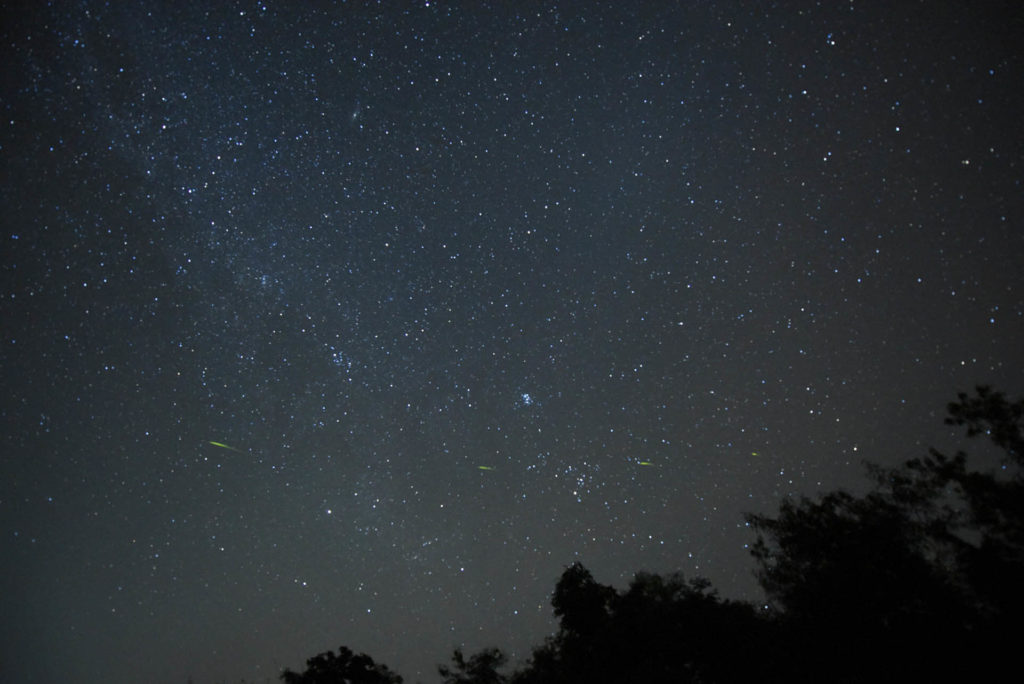
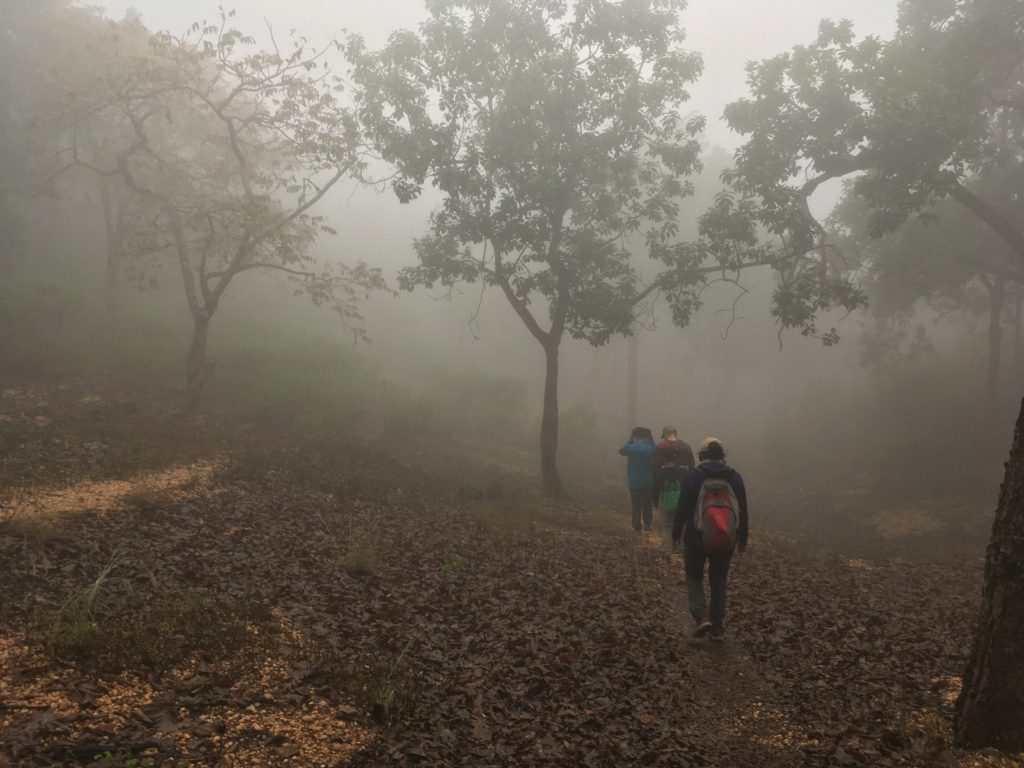
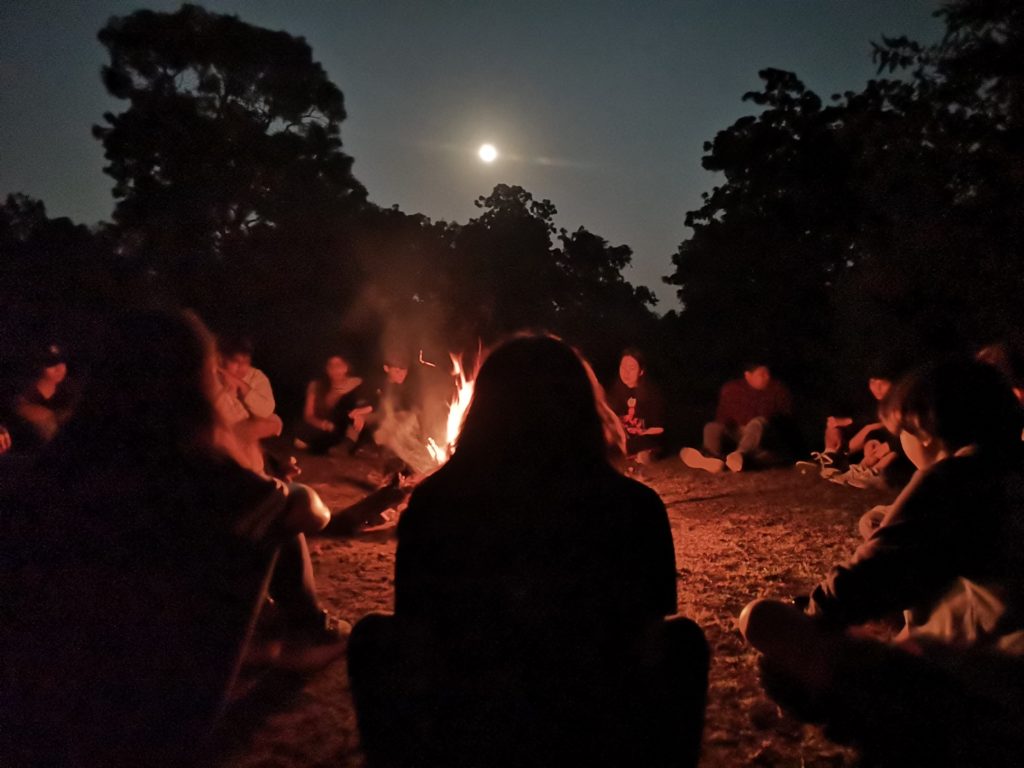
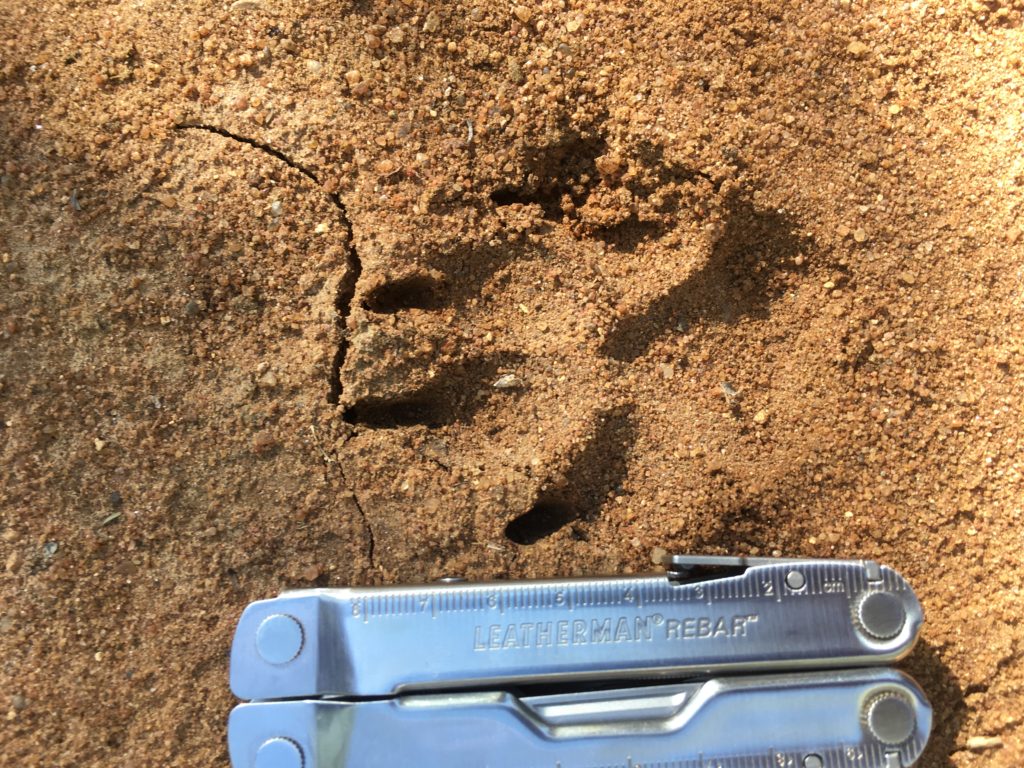
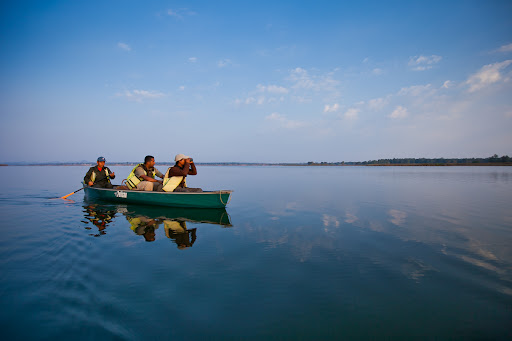

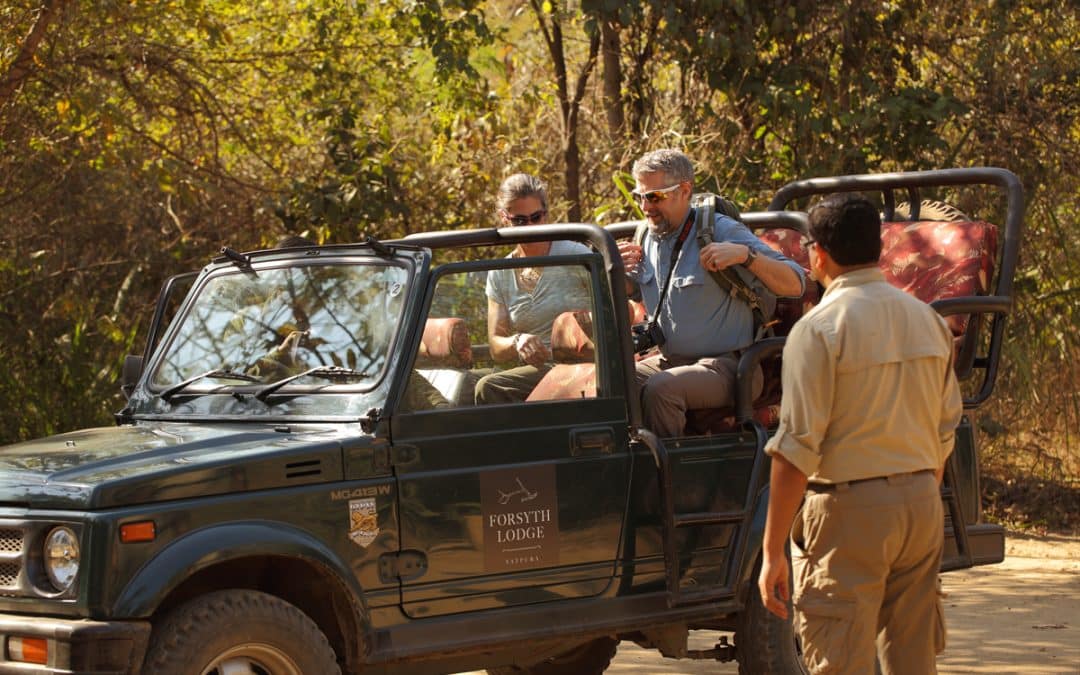

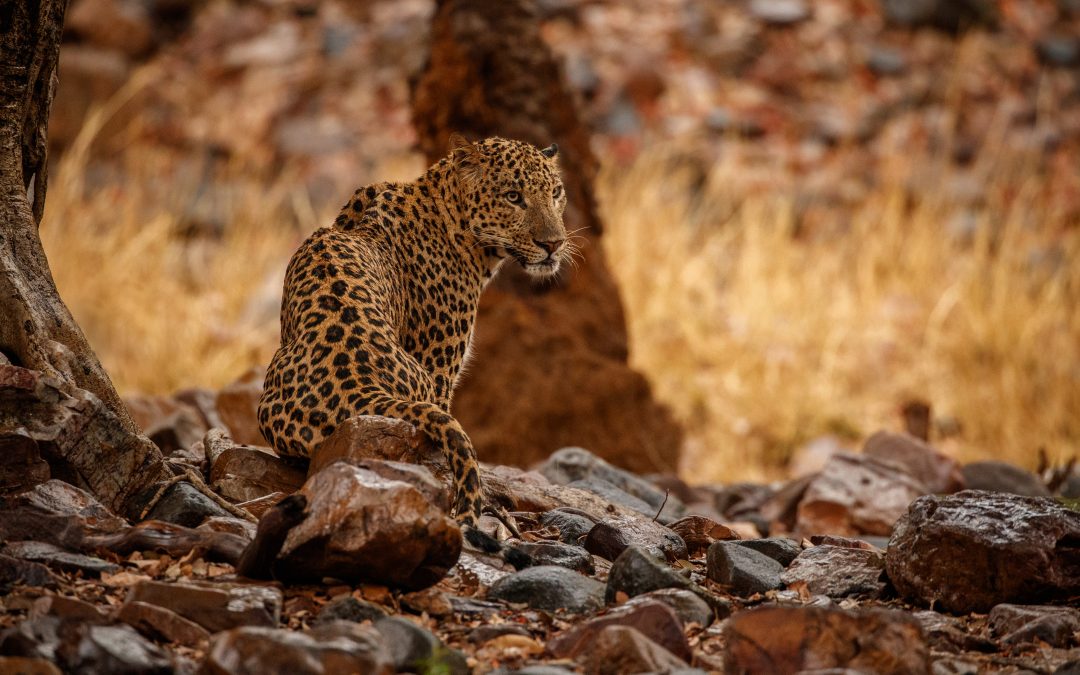
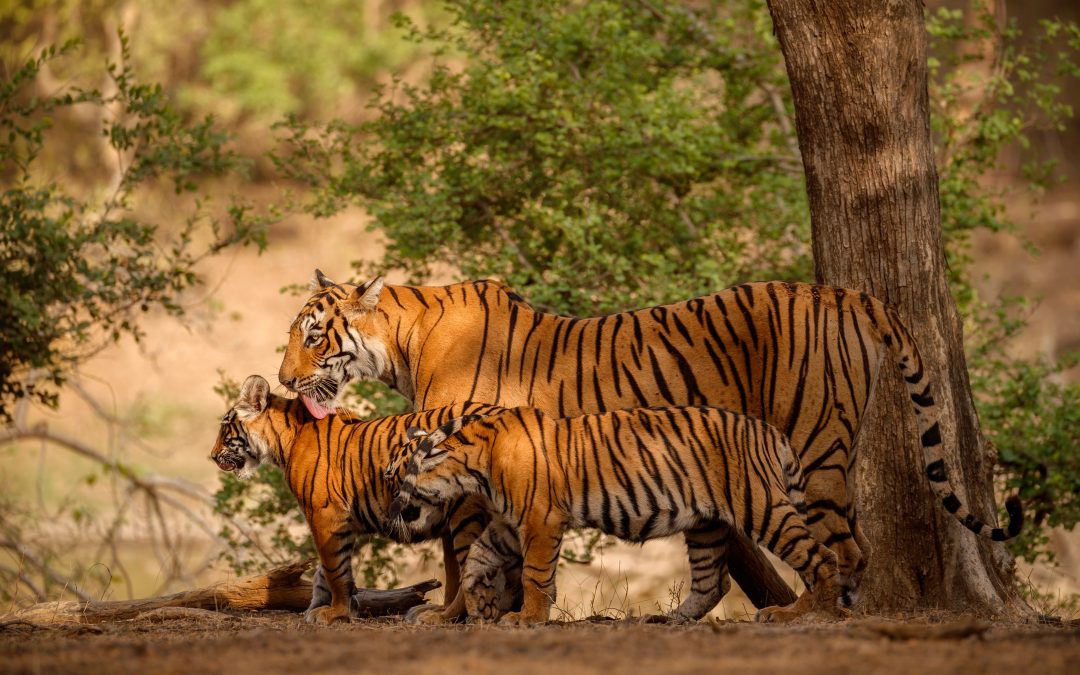
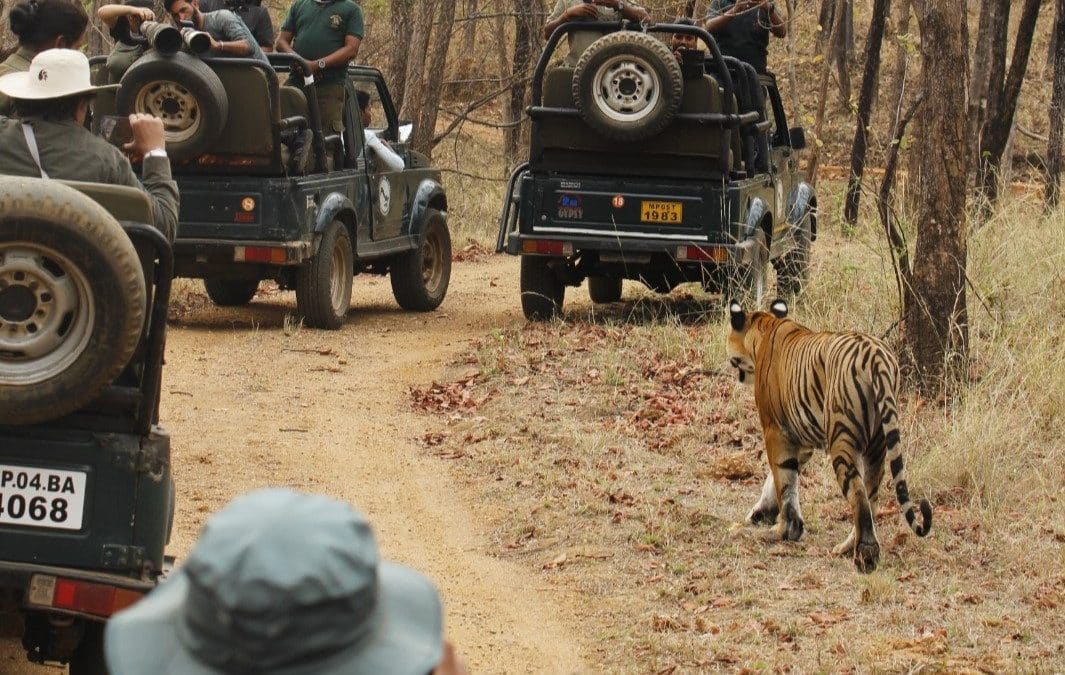
Recent Comments